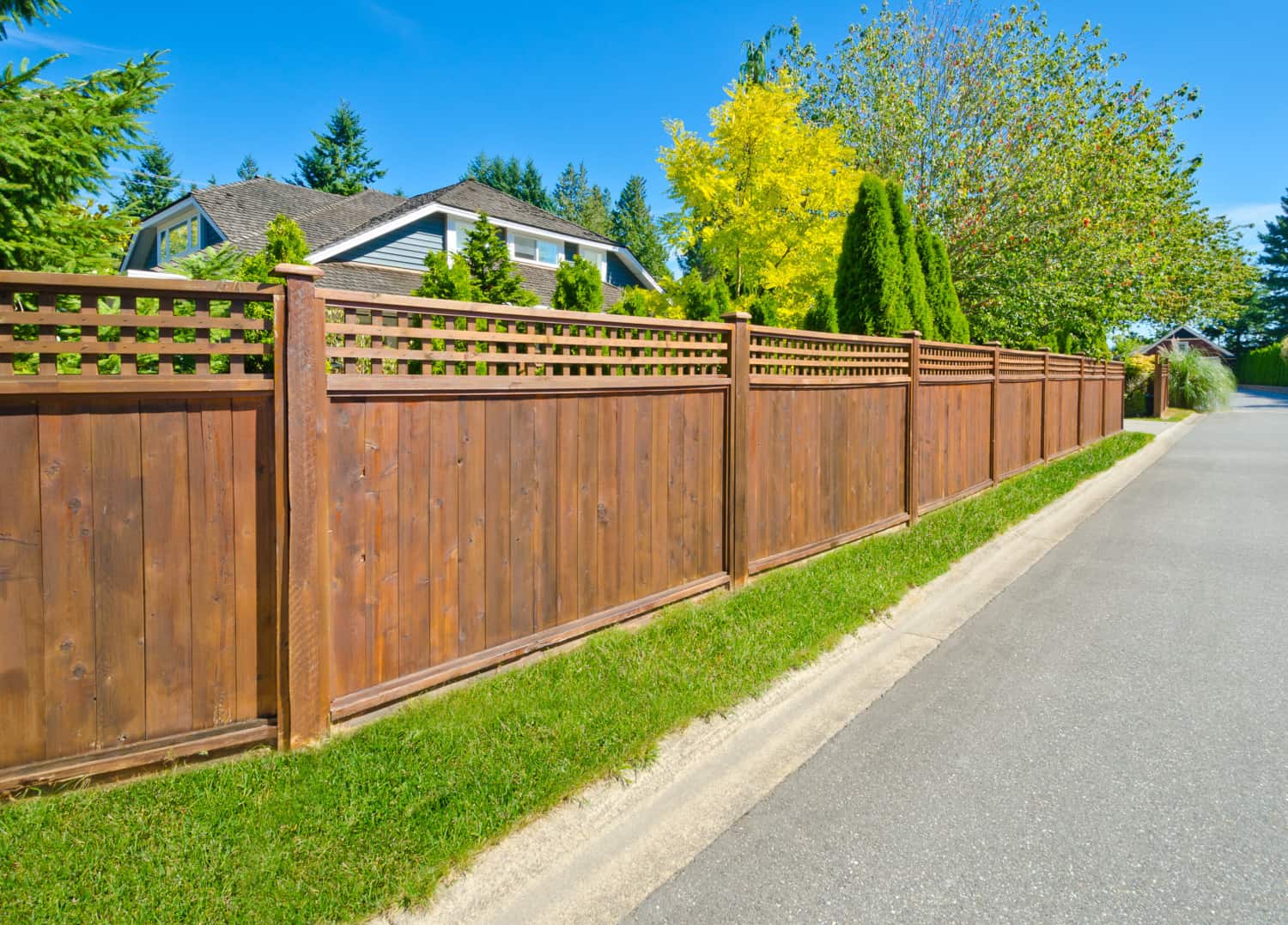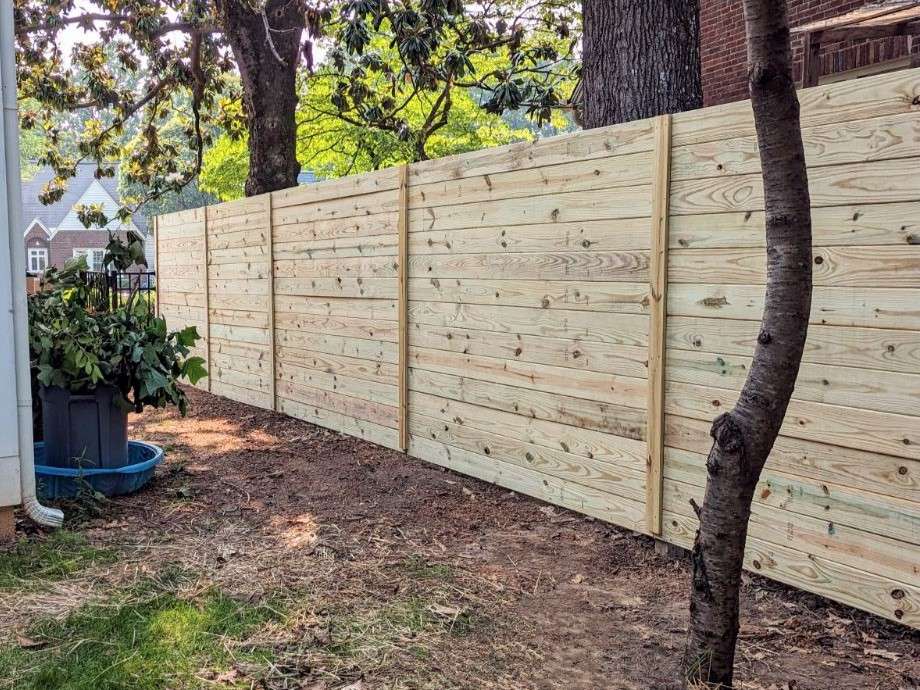All Categories
Featured

When planning to set up a fence around your home, among the first actions is comprehending the allowing requirements in your area. While the process may appear uncomplicated, local laws can differ greatly depending on where you live. Securing the correct permits prior to beginning the setup is crucial to prevent potential penalties, disagreements with neighbors, or perhaps needing to remove your fencing. Right here's what you require to understand about acquiring the essential authorizations for your fence installment.
Why Do You Need a Permit for a Fencing? A permit is frequently needed for fencing installations to guarantee compliance with neighborhood structure codes, zoning legislations, and security regulations. Permitting aids regional authorities preserve harmony in neighborhood aesthetic appeals, security, and ecological factors to consider. It additionally ensures that the fence does not interfere with energy lines or public rooms, and that it complies with height and border restrictions.

Usual Permits Needed for Fencing Installation. Structure License. A lot of areas need a structure license for fence setup, particularly if the fencing surpasses a specific elevation (usually over 6 feet) or is made from non-standard materials. This permit makes sure that your fencing adheres to regional building regulations. In some locations, the structure division will evaluate the website to guarantee that the fence fulfills safety and security and architectural standards.
Zoning Permit. Zoning permits are designed to make sure that your fencing complies with neighborhood zoning legislations, including problems from residential property lines, easements, and rights-of-way. Zoning legislations differ from city to city, and in many cases, your fence might need to be set back a specific number of feet from the pathway or road. A zoning authorization may also be necessary if your fencing is in a historical area or various other particularly designated areas.

Fencing Authorization. In some places, a certain "fencing license" may be required. This is typically required when building a fence for residential homes. The city government may define the elevation, product, and design of the fencing to ensure it mixes well with the bordering neighborhood. Some cities limit chain-link fences in front yards or have details rules for personal privacy fences.
HOA Approval. If your home becomes part of a homeowners association (HOA), you may need approval prior to installing a fencing. HOA guidelines often include specific regulations regarding the type, height, shade, and materials for fences to keep the area's visual appeals. HOA laws can be more stringent than city codes, so constantly check their guidelines before moving on.
Easement or Utility Licenses. If your fencing will be near or throughout an easement (such as an utility easement), you may require to obtain authorization from the utility company or various other entities that control the land. This is particularly vital if you intend to mine fencing blog posts, as it ensures you will not harm below ground energies like water, gas, or power lines.
Exactly How to Figure Out What Allows Are Called for. The most effective way to establish which permits are essential for your fence installation is to call your regional structure department or community office. They can offer you with details information regarding demands in your area. Below are a few actions you can require to discover:
Examine the City or Region Site: Many regional governments provide info about fencing installment permits online. Look for building or zoning sections on their internet site. Call or Go To Resident Government Offices: If the details is not easily offered online, calling or going to the regional workplace in individual can clarify what's needed. Get In Touch With a Professional Service Provider: If you're overloaded or unsure by the process, a local professional or fencing installment business can aid in navigating the allowing process, as they know with neighborhood regulations. What Takes place If You Don't Get an Authorization? Falling short to acquire the needed permits can cause a selection of effects. In several areas, you could face penalties, and your fence may be gotten to be gotten rid of. In addition, if you offer your property in the future, the lack of proper permits can be a warning for purchasers and impact the sale. Allowing guarantees that your fencing is certified and assists avoid future complications.
Conclusion. Before installing a fencing around your residential or commercial property, it's important to inspect whether an authorization is called for in your area. Building authorizations, zoning authorizations, HOA authorization, and utility permissions may all play a function in your fencing setup process. Taking the time to research study and obtain the required licenses will not just ensure that you're adhering to local laws, yet likewise aid shield your financial investment and keep the stability of your home.
Latest Posts
How to Host a Memorable Event at The Claridge’s Hotel
Published Dec 22, 24
1 min read
What Permits Are Required for Installing a Surround My Area?
Published Dec 22, 24
0 min read
Student Loans Simplified: Financing Education with WyHy
Published Dec 22, 24
1 min read